PostNephrectomy Diet Nutritious Foods to Nourish Your Remaining Kidney
Introduction:
Nephrectomy, the surgical removal of one or both kidneys, is a life-changing event that requires careful consideration of dietary choices. Maintaining the health of the remaining kidney is crucial for overall well-being. This article provides a comprehensive guide to post-nephrectomy nutrition, highlighting the best foods to nourish your remaining kidney and support your body's recovery.
1. Protein-Rich Foods:
Protein is essential for tissue repair and recovery after surgery. Incorporate lean proteins such as chicken breast, turkey, lean beef, fish, and tofu into your diet. These foods contain essential amino acids that aid in healing and muscle repair. Aim for a moderate protein intake, as excessive protein consumption can strain the remaining kidney.
2. Low-Sodium Foods:
Sodium can lead to fluid retention and increased blood pressure, which may put stress on the remaining kidney. Reduce your salt intake by choosing fresh, whole foods and avoiding processed and canned items. Opt for herbs and spices to enhance flavor instead of salt. Foods like bananas, strawberries, and oranges are naturally low in sodium and can be enjoyed in moderation.
3. Healthy Fats:
Healthy fats are vital for overall health and can help reduce inflammation. Include sources of monounsaturated and polyunsaturated fats such as avocados, nuts, seeds, and olive oil. These fats also support heart health and can aid in managing cholesterol levels.
4. Fiber-Rich Foods:
Fiber helps regulate bowel movements and can prevent constipation, a common side effect of pain medications and decreased physical activity after surgery. Incorporate high-fiber foods like whole grains, legumes, fruits, and vegetables into your diet. Aim for a variety of colors to ensure a wide range of nutrients.
5. Hydration:
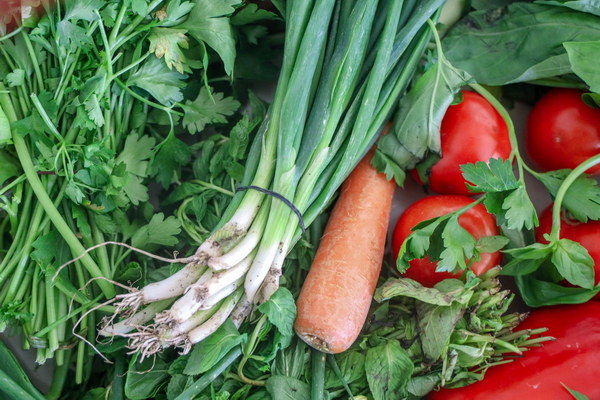
Staying hydrated is crucial for kidney health. Aim for at least 8-10 glasses of water per day, or as recommended by your healthcare provider. Hydration helps flush out waste products and toxins from the body, reducing the workload on the remaining kidney. Avoid beverages high in sugar, caffeine, and alcohol, as they can dehydrate and strain the kidneys.
6. Nutrient-Dense Foods:
Ensure your diet includes a variety of nutrient-dense foods to support overall health and kidney function. Include foods rich in vitamins and minerals such as:
- Vitamin D: Found in fatty fish, fish liver oils, egg yolks, and fortified dairy products. Vitamin D plays a crucial role in calcium absorption and bone health.
- Calcium: Essential for bone health and can be found in dairy products, leafy greens, and fortified foods.
- Potassium: Important for heart and muscle function, potassium can be found in bananas, oranges, potatoes, and leafy greens.
- Magnesium: Magnesium is essential for muscle and nerve function and can be found in almonds, spinach, and black beans.
7. Avoid Foods High in Phosphorus:
Since the remaining kidney may have reduced phosphorus clearance, it's essential to limit foods high in phosphorus. Avoid or limit foods like dairy products, processed meats, and soft drinks. Instead, choose low-phosphorus alternatives such as rice, pasta, and fruits.
Conclusion:
Post-nephrectomy nutrition is vital for maintaining the health of your remaining kidney and supporting overall well-being. By incorporating a balanced diet rich in protein, low in sodium, and high in nutrients, you can support your body's recovery and promote kidney health. Consult with your healthcare provider or a registered dietitian for personalized dietary recommendations and guidance throughout your recovery journey.
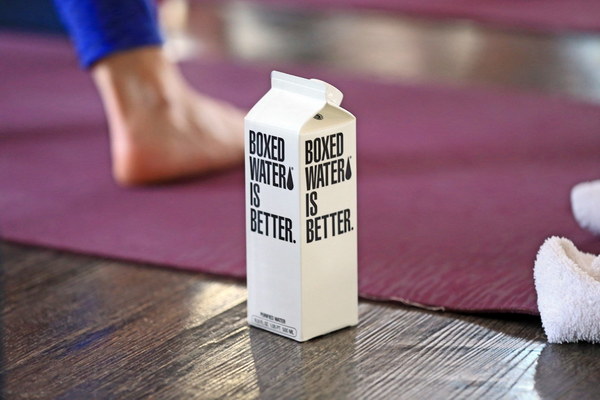
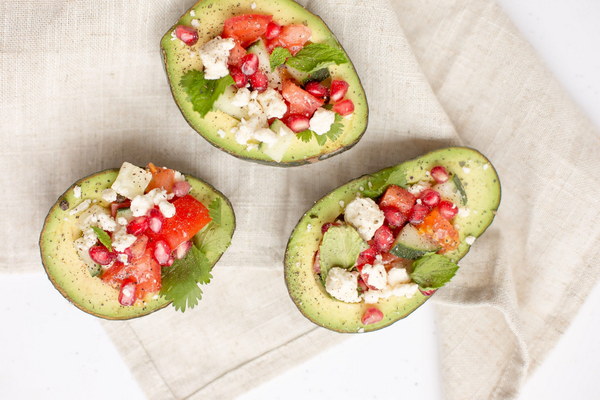

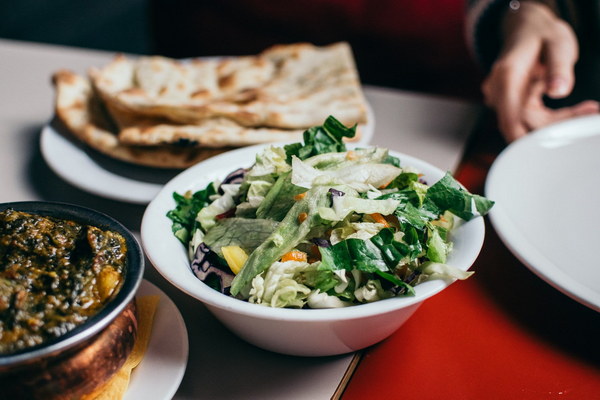
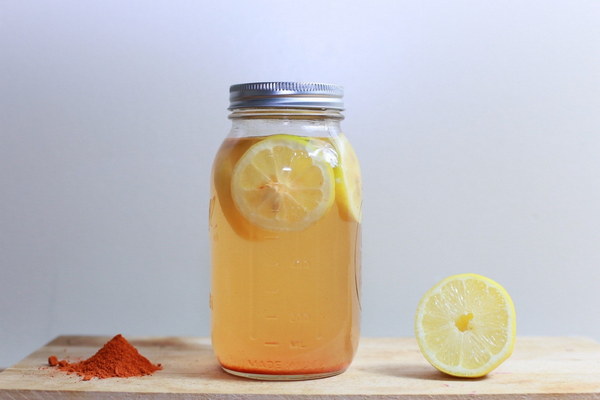
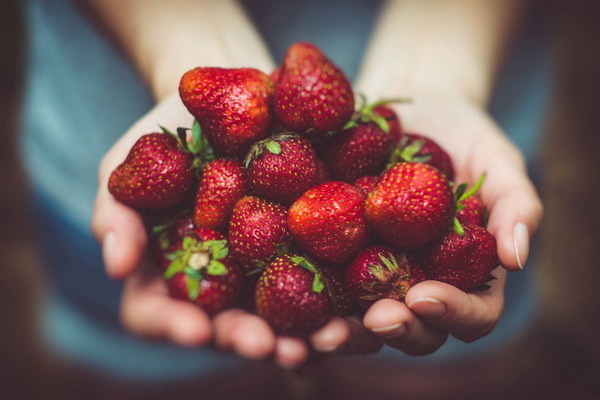
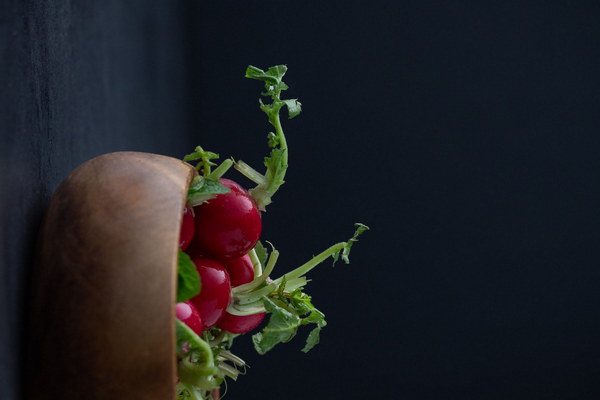

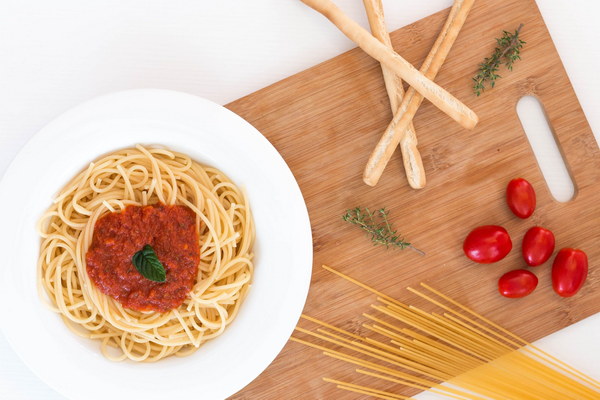
![The Ultimate Beauty Emporium Discover the Secret to Radiant Skin at [Store Name]](http://img.bluepurple.cn/a/养生/513/The-Ultimate-Beauty-Emporium-Discover-the-Secret-to-Radiant-Skin-at-Store-Name.jpg)